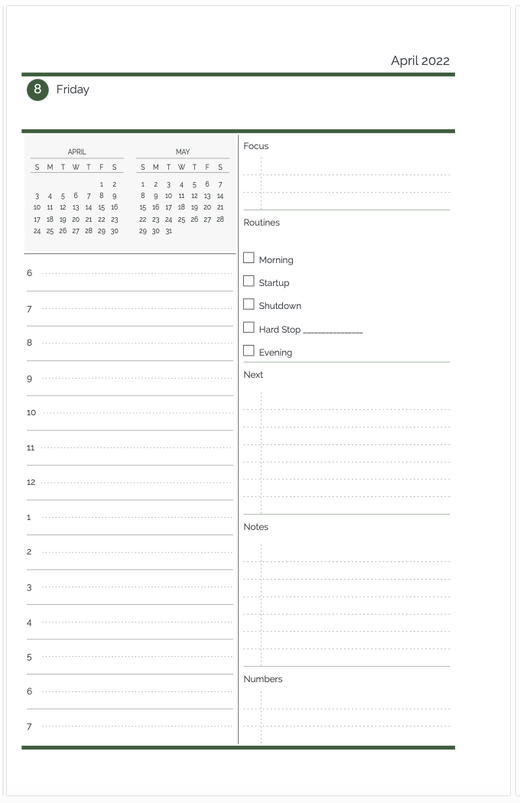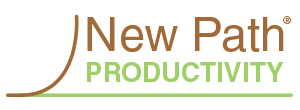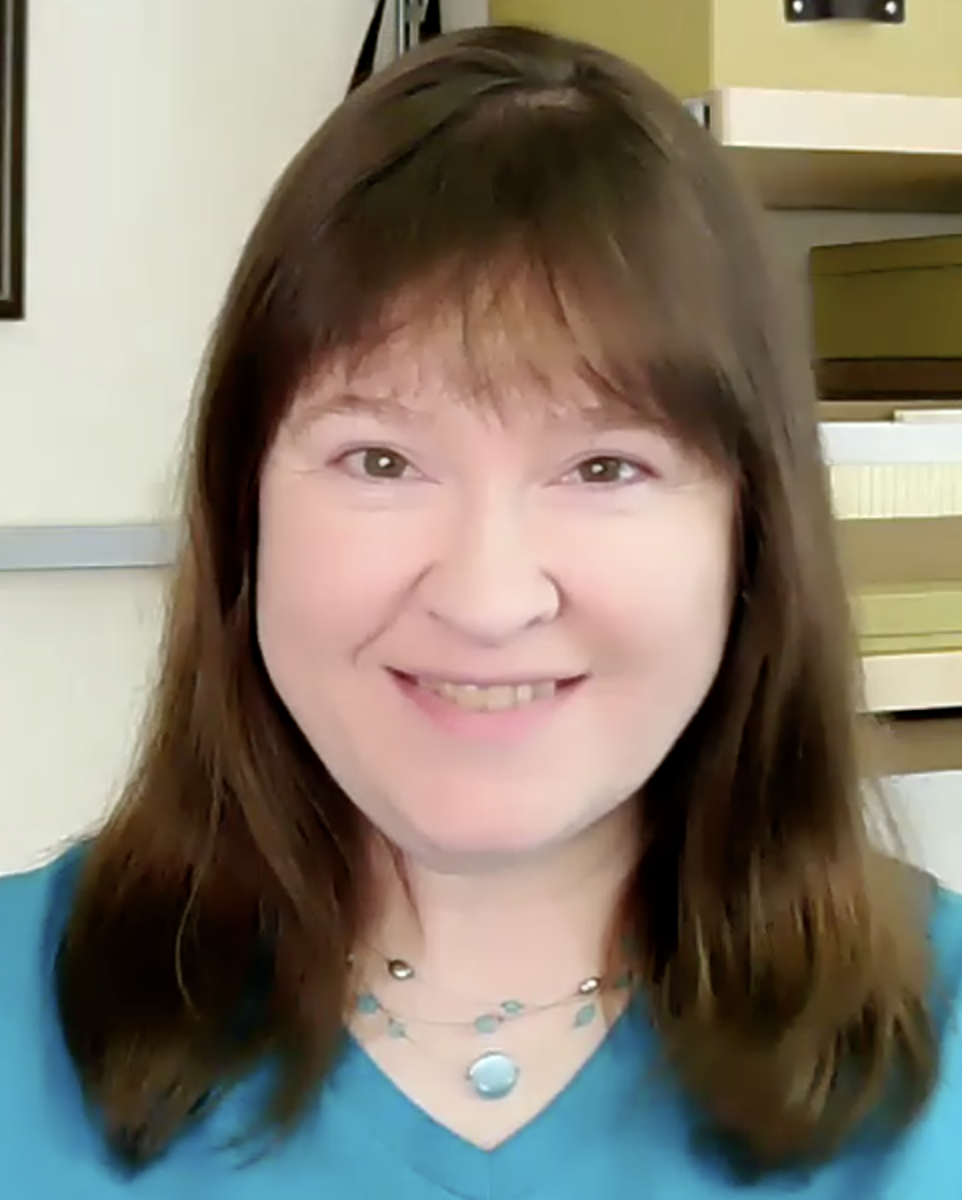|
[4 Minute Read or Listen Below]
Before you even get started, do you hang your head in defeat when you look at your to-do list? I've been there, and no doubt many can relate to that feeling. To-do lists are fantastic for capturing random tasks you think you'll remember, but let's be honest, if you don't write them down, you forget them 10 seconds later. To-do lists help map out the individual steps and the necessary order of those steps for projects. They're a great tool, whether paper or digital, but they can get overwhelming. 
The part about to-do lists that most people don't tell you is they need to be managed and curated. While I don't follow it to the letter, I love the concepts of David Allen's Getting Things Done® methodology, also known as GTD®. It breaks your to-do's into projects and areas because, for most of us, looking at one consolidated list makes us anxious.
I have been using Nirvana, a cloud-based task and project management tool, for years. It uses the concepts of GTD® and is platform-agnostic, so I can use it on my Mac, iPad, PC, and Android phone. I use it to manage both my work and personal life, and capturing thoughts, ideas, and tasks into a single place is incredibly helpful. Yet, if I let it, it can also encounter the same downfall as paper to-do lists - the dreaded task bloat. For a very long time, I avoided my weekly review because I was so overwhelmed by the volume of my tasks. For those who haven't heard of this, my weekly review is dedicated time for looking at appointments and my task lists to plan the upcoming week. Avoidance is not a strategy I recommend. Those plates you're spinning start crashing to the floor, and those balls you're juggling start bouncing all over the place when you avoid proper planning. I learned from avoiding the care and feeding of my to-do lists that I need direction and focus for my day. Days blur when I haven't done a weekly high-level overview of everything on my plate. I was adding duplicate tasks into my system because I didn't realize the same action was already there (also contributing to the task bloat.) And, let's face it, if we keep putting something off month after month, there is a good chance it isn't happening. I started adding the date in front of each entry to indicate how long it had been there. But even with these strategies in place, I still needed more focus. So, I developed my own customized daily focus pages using the Kevin Kruse Millionaire's Day Planner as a guide. Agendio prints them for me, and each page focuses on a single day, allowing me to narrow my attention to exactly what I've deemed most important. Yes, they are paper pages. I have found a terrific balance using digital and paper tools. I complete each page at the end of the previous day as part of my daily routines. Let me walk you through each section. Left side (from the top down):
Right side (from the top down):
My daily focus pages help me escape the overwhelm of working directly out of my task manager. Writing up each page the day before helps reinforce what is essential for the upcoming day, and I wake up with a plan. Does my day always go to plan? Of course not. But I don't feel paralyzed wondering what I should do first. So how can you find your daily focus? First, a spoiler alert: you can't do it all, and you certainly can't do it in one day! Barbara Hemphill says, and I 100% agree, believing that if you just got organized you could do it all - is a lie. We set ourselves up with unrealistic expectations and then we feel disappointed at the end of the day. Second, stop working off your entire to-do list. Write a separate short list with the most important one to three things you can reasonably expect to accomplish that day, and keep it visible as a reminder. It should be your compass for the day. If you finish those items, you can always add more. Feel less overwhelmed by narrowing your focus and, in the process, enjoy a greater sense of accomplishment. If you’d like to narrow your focus and stop feeling overwhelmed, start by getting your free Productive Environment Score at newpathpro.com/scorecard. It takes less than five minutes, and you’ll receive a 1-page Office Transformation Blueprint as a bonus. GTD® and Getting Things Done® are registered trademarks of the David Allen Company
0 Comments
Your comment will be posted after it is approved.
Leave a Reply. |
Kathy Muzik
|
New Path Productivity®, LLC provides worldwide virtual and Chicagoland onsite services for individuals and businesses to increase productivity
through organization and management of resources (e.g., energy, information, people, processes, space, and time).
through organization and management of resources (e.g., energy, information, people, processes, space, and time).
|
|
Phone847.748.0144
|
AddressPO Box 162
Highland Park, IL 60035 |
Privacy Policy Terms of Use
New Path Productivity®, LLC © 2015 - 2024 All Rights Reserved
New Path Productivity®, LLC © 2015 - 2024 All Rights Reserved



 RSS Feed
RSS Feed
